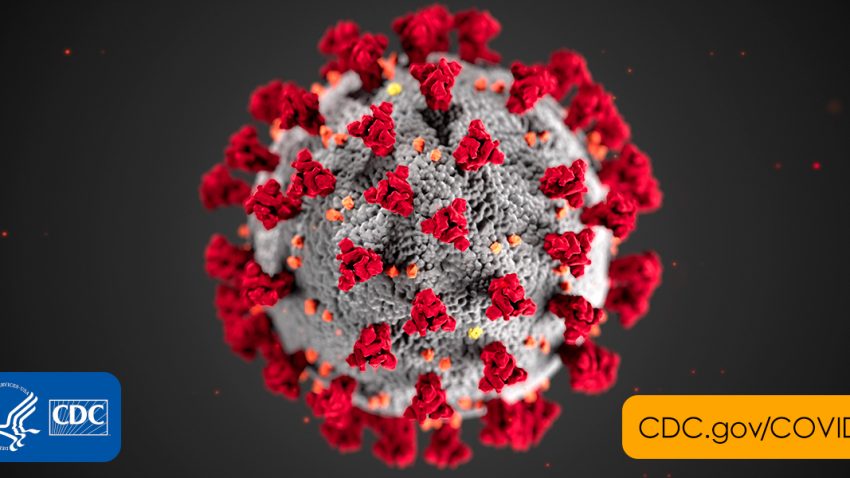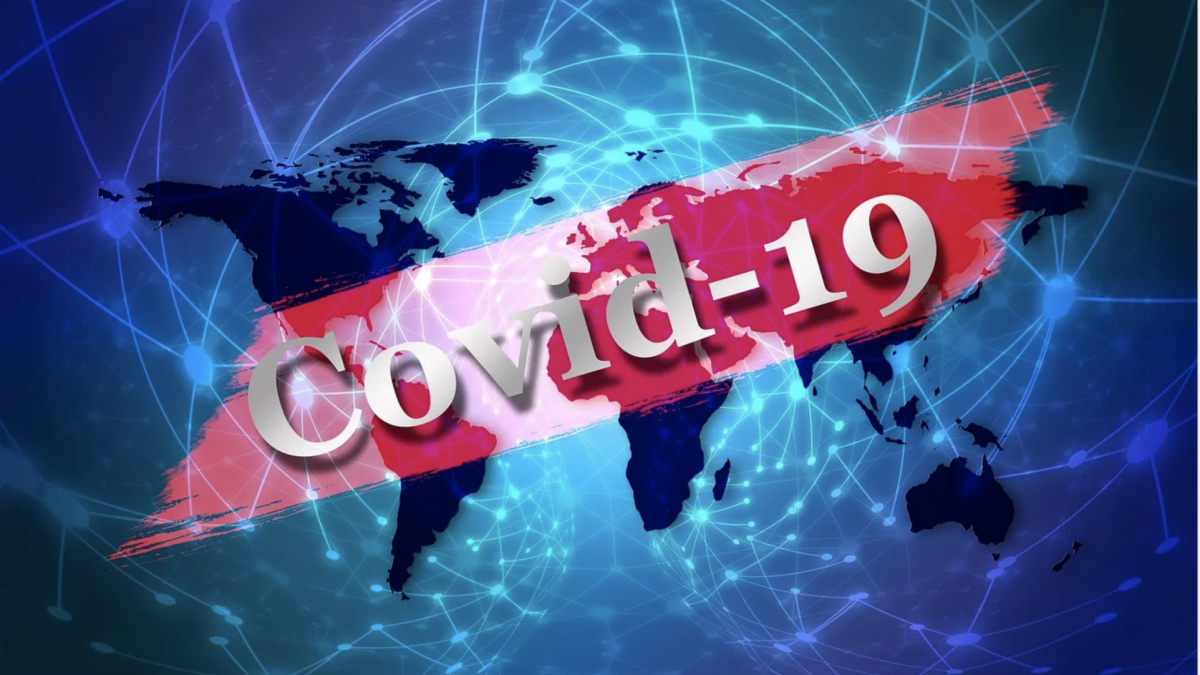UC libraries are CLOSED. If you have library materials checked out:
Library users are encouraged to KEEP ALL LIBRARY MATERIALS. If you plan to return to campus in the summer or fall, please keep library materials and return them at that time. Fines will not be incurred for items borrowed from UC Libraries, OhioLINK or Interlibrary Loan.
ONLY IF YOU WILL NOT RETURN TO CAMPUS: books, scores, and recordings may be returned to the drop slot outside of the main entrance of Langsam Library (go to the Woodside Garage and take the elevator up to level 4. The library entrance is opposite as you exit the elevator.)
If you have borrowed library-owned equipment (laptops, data projectors, etc.) that you MUST return because you will not return to campus: please contact Public Safety at (513) 556-1111 in advance and arrange to meet an officer. DO NOT LEAVE equipment items outside any library
For service updates and links to online library resources, check the UC Library Online page.


